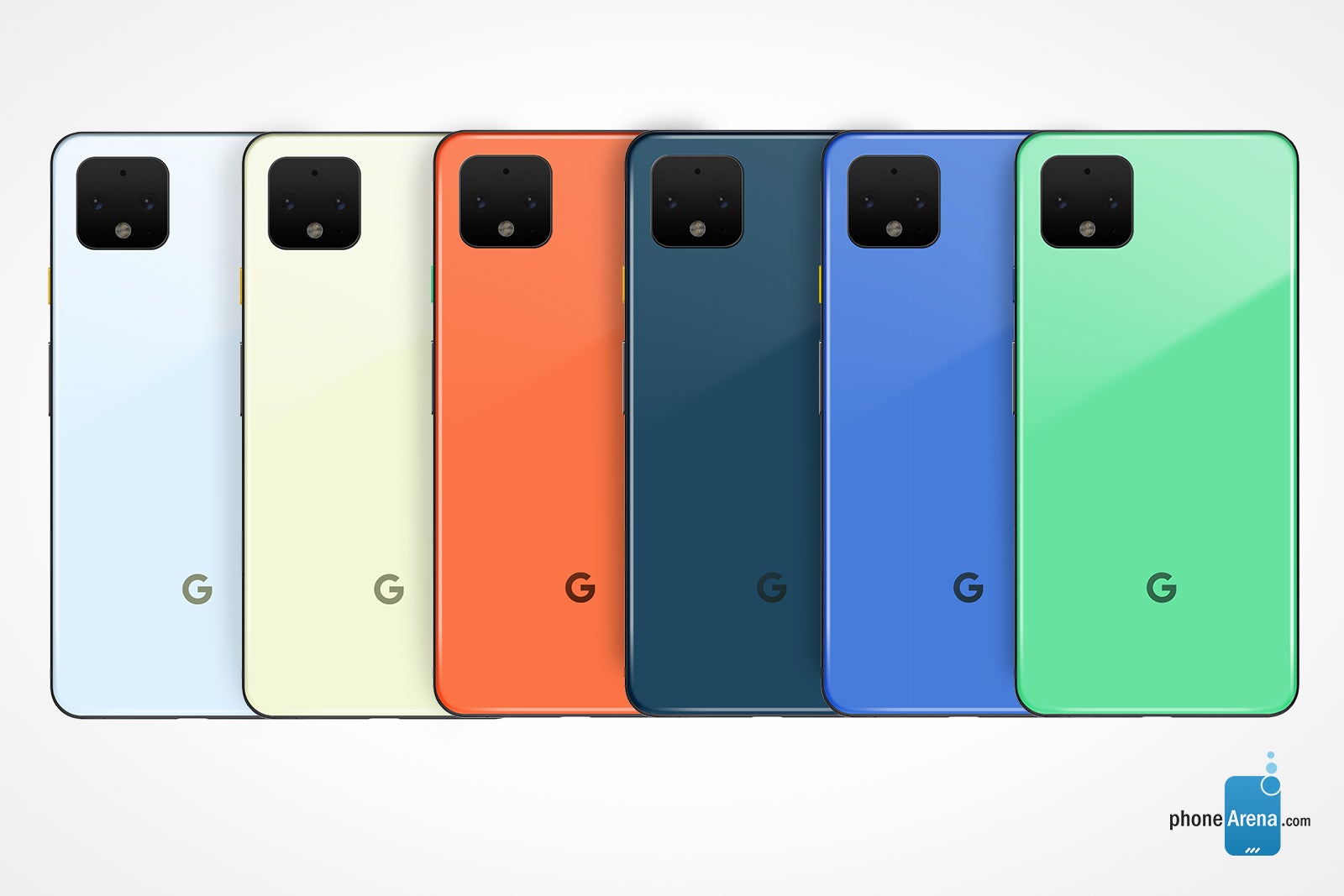Google will announce the Pixel 4 on October 15 in NYC

Google has just sent out media invites to a hardware event in New York City on Tuesday, October 15. The company is expected to formally introduce the Pixel 4 and Pixel 4 XL at the press conference in addition to some new Google Home/Nest speakers and potentially a second-generation Pixelbook Chromebook.
A new Pixel design language and extra cameras
The invite Google has sent out doesn't mention anything about the Pixel 4 series specifically – it simply invites people to "Come see a few new things Made by Google" – but the Silicon Valley-based internet giant has certainly made no secret over the past few months of its plans to announce the flagships later this year. In fact, it has already revealed a bunch of important features.
As confirmed way back in early June, the Google Pixel 4 and Pixel 4 XL will ditch the Pixel line's famous two-tone finish in favor of a regular slab of glass. This panel should be available in three colors – black, white, and orange/coral – and will feature the Google 'G' logo in addition to an all-new square camera module that houses three sensors and an LED flash.
Rumor has it the Pixel 4 will inherit the Pixel 3's primary 12-megapixel camera but ultimately produce noticeably better photos thanks to new software enhancements. Accompanying this will reportedly be a 16-megapixel sensor paired with a telephoto lens which, when combined with Super Res Zoom software, can take photos at up to 8x zoom. Also reportedly part of the setup is a dedicated 'Spectral Sensor' that may be capable of capturing information that isn’t visible to the naked eye like x-rays, ultraviolet, infrared, and much more. Additionally, depth data for each individual pixel and the ability to better identify materials are often part of the package. This means the sensor could be responsible for the improved Night Sight results that have leaked or perhaps a better portrait mode.

Google Pixel 4 concept render
The front of Google's Pixel 4 will look pretty original
Nowadays, most smartphone brands are embracing either notched displays or punch-hole panels on their devices. Even Google itself followed the trend last year with the Pixel 3 XL but, following its arguably cold reception by the public, the California-based company has now gone back to the drawing board and selected a slightly different look for 2019.
To be specific, both the Pixel 4 and Pixel 4 XL feature a rather thick upper bezel above the display that's paired with thin side bezels and a small chin. The reason for this so-called forehead is the amount of technology Google has packed inside its next-gen flagships. As it has already confirmed, the bezel will house the usual in-ear speaker, one front-facing selfie camera, an all-new Face ID-like 3D facial recognition system, and a Project Soli radar that enables a wide range of gestures.
Regarding the internal side of things, it seems Qualcomm's Snapdragon 855 will power the Pixel 4 series alongside 6GB of RAM and 128GB of internal storage. It's unclear at the moment if other storage options will be available but expansion via microSD cards is, unfortunately, pretty unlikely.
Other Google Pixel 4 features will include Android 10 straight out of the box and a next-generation Google Assistant that's more advanced and faster than the existing implementation. Despite recent rumors, Google isn't developing a 5G variant of the Pixel 4 series. Instead, it's sticking to 4G LTE support as standard and will probably also include support for Wi-Fi 6, NFC, and Bluetooth 5.1.
| Google Pixel 4 | Google Pixel 4 XL | |
|---|---|---|
| Display | 5.6-inch AMOLED, 2280 x 1080p, 90Hz | 6.2-inch AMOLED, 2960 x 1440p, 90Hz |
| Chipset | Snapdragon 855 | Snapdragon 855 |
| RAM + Storage | 6GB RAM & 128GB storage | 6GB RAM & 128GB storage |
| Camera | 12MP main camera, 16MP telephoto (3x zoom), Spectral Sensor | 12MP main camera, 16MP telephoto (3x zoom), Spectral Sensor |
| Battery | 2800mAh + fast charge | 3700mAh + fast charge |
| Biometrics | 3D facial recognition | 3D facial recognition |
| Operating System | Android 10 | Android 10 |












Things that are NOT allowed: